Future Healthcare (FH) has a business line dedicated to this important matter. FH – Risk Management designs and operates “turnkey solutions” that extend its portfolio of specialized and innovative insurance products. These are aimed at Institutional Clients, but their focus is on the end clients – the beneficiaries.
FH has its own license to underwrite risk in the illness and accident lines (in Portugal and Spain) on the basis of free provision of services, which allows it to build solutions involving the risk assumption component, in partnership with the largest reinsurers.
There is a wide range of variables to be addressed by risk management in health insurance, which is an integral part of ensuring the sustainability and success of insurers who have health insurance in their portfolio.
In order to manage risk effectively, it is essential to understand, evaluate, and quantify the various factors that influence these products.
One of the main evaluation factors in risk management is cost reduction. It is important for our clients to carefully manage their costs in order to maintain profitability/sustainability while at the same time providing the best possible care for their beneficiaries.
By identifying and anticipating potential risks and developing prevention protocols, these companies can guarantee the sustainability of their healthcare products.
Compliance monitoring is another variable to take into account in risk management, particularly in the area of healthcare products. In a market segment as highly regulated as the insurance sector, compliance with legal and regulatory requirements not only helps companies avoid penalties and legal repercussions, but also improves their reputation and reliability. By implementing effective risk management strategies and procedures, companies ensure that they comply with all applicable laws and regulations, thus protecting themselves and their beneficiaries.
It is worth mentioning here that FH’s institutional clients are insurance companies, and that is why the Group is aligned with all legislation that touches on insurance companies, such as the Solvency II Directive, implemented into national law by Law 147/2015, among others.
By demonstrating a commitment to the safety of their beneficiaries and the quality of care through best practices in Risk Management, healthcare companies are better able to build a good reputation within their communities. This not only attracts more clients, but also establishes trust and credibility among the healthcare ecosystem – insurers, healthcare providers, and beneficiaries.
Another critical factor to consider is the effective management of healthcare portfolios. By identifying potential risks and implementing strategies to mitigate them, companies can optimize their processes and eliminate inefficiencies and unnecessary redundancies.
The healthcare sector faces a number of risks that require holistic risk management strategies. These risks include concerns ranging from (sensitive) data privacy to business risks specific to this sector. The concerns about data privacy and security, especially in this age of digital information, represent a significant risk. Healthcare companies deal with large amounts of sensitive data, and any compromise of this data can have very serious consequences. Implementing robust data protection and information security measures, as well as ensuring compliance with privacy and data protection laws, are crucial aspects of risk management in this area.
Technology is fundamental in this area, requiring advanced software solutions that help companies monitor and manage risks more effectively, providing real-time data, automatic alerts, and analysis. These solutions enable companies to make timely decisions and respond proactively to emerging risks.
The use of advanced technologies such as machine learning and predictive models is crucial not only in the management of risks such as fraud and abuse, but also in the monitoring of beneficiaries in disease prevention programs and in the development of healthy lifestyle habits. This could make it possible to adopt pricing models that take these practices into account.
The creation of risk management models based on comprehensive policies and procedures is yet another essential aspect – another operational variable for the Risk Management area in all the health products in our clients’ portfolios.
Clear policies, guidelines and protocols ensure that all members of the organization understand their roles and responsibilities and can follow standardized processes. Regular training and communication regarding risk management policies helps to ensure compliance and reduce the likelihood of errors or accidents.
The assessment of each of the variables identified is, in itself, a huge boost to the teams involved. Balancing these different factors is undoubtedly the biggest challenge.
Effective risk management in health insurance involves dealing with all these aspects. Reducing costs, complying with rules, improving reputation, increasing efficiency, and dealing with risks in the health sector are key. Identifying risks, creating ways to prevent them, using technology to manage these risks, and having policies and procedures in place are important for improving the security of the institutional client and the end user – and to guarantee long-term success. It is essential to consolidate these factors and consider the impact on decisions for sustainable risk management in health insurance.
Finding the balance that is fair and accurate when it comes to taking on risk is crucial, and companies must carefully consider the trade-offs involved in their decision-making processes. The extensive experience of the professionals at FH – Risk Management & Insurance is fundamental for finding this balance, always in collaboration with the client.


